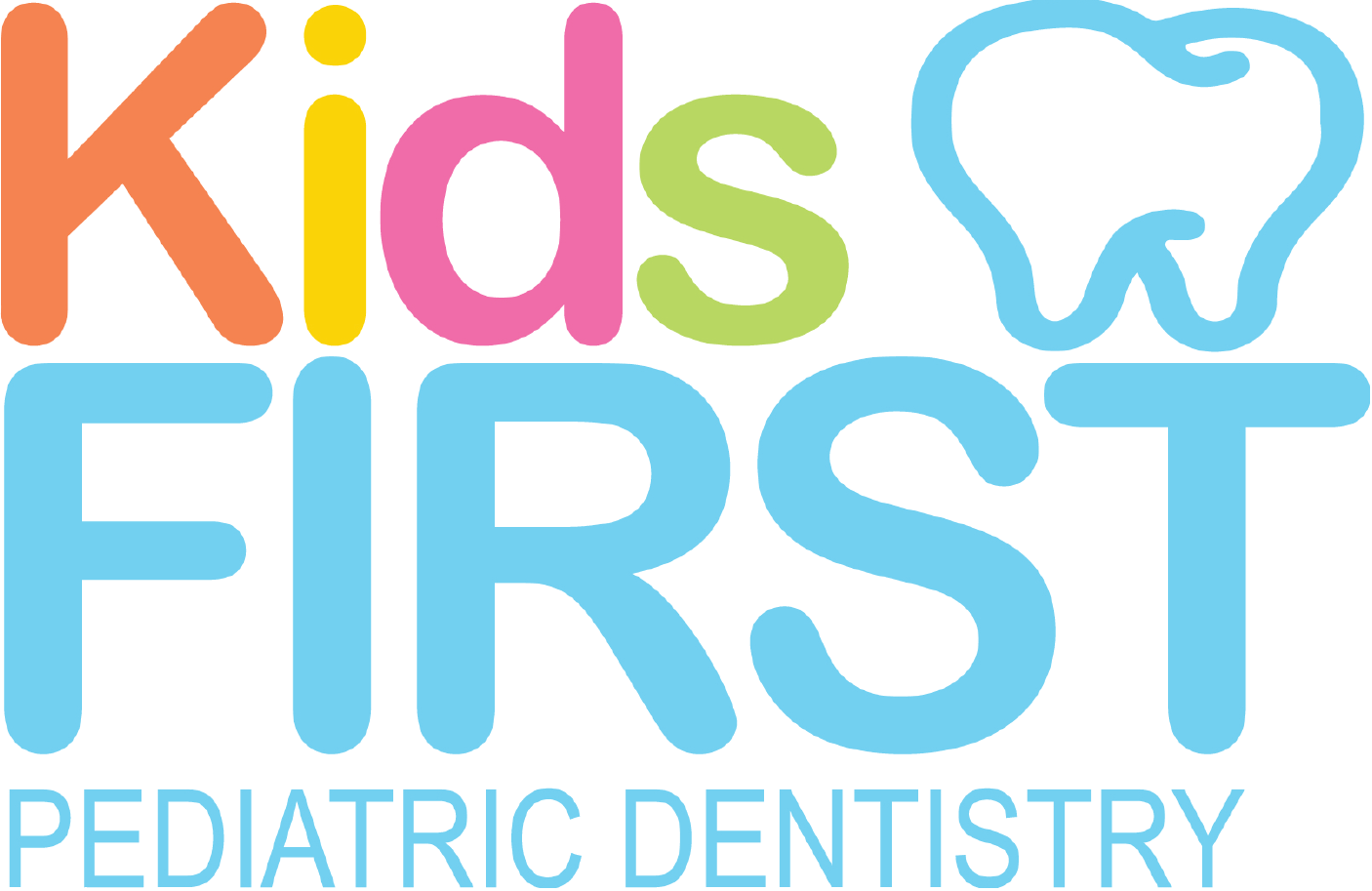Dental Fillings in Lincoln Park MI
Dental fillings for kids are commonly used to restore teeth damaged by decay or cavities. The process involves removing the decayed portion of the tooth, cleaning it, and then filling the space with a material that restores the tooth's structure and function.
For children, dentists in Lincoln Park, MI, often use materials like composite resins, glass ionomer, or dental amalgam, which are chosen based on factors such as the location of the filling and the child's dental needs. Composite resins blend with the natural tooth color, making them ideal for visible teeth, while glass ionomer releases fluoride, which helps protect against further decay.
Dental fillings help prevent the progression of cavities, preserve the tooth's function, and ensure that the child can eat, speak, and smile comfortably.
When Are Dental Fillings Necessary for Kids?
- Tooth decay, also known as cavities, is a prevalent issue in children due to sugary diets and insufficient oral hygiene. When decay occurs, it creates a hole or cavity in the tooth enamel. This cavity can worsen if left untreated, leading to further decay, pain, and potential tooth loss.
- Dental fillings in Lincoln Park, MI, repair cavities by removing the decayed portion of the tooth and filling it with a material that restores the tooth's structure and function. This process halts the progression of decay, prevents further damage, and alleviates discomfort.
- Teeth play a critical role in chewing, speaking, and maintaining proper bite alignment. When a cavity is filled, the tooth's function is restored, enabling the child to chew food effectively and speak clearly. A filling helps preserve the tooth's ability to perform these essential functions. By filling a cavity, the dentist helps prevent the decay from spreading to surrounding teeth or causing more significant structural damage. This helps maintain the tooth's integrity and reduces the risk of more extensive dental treatments in the future.
- Tooth decay can lead to pain, sensitivity, and discomfort, especially when eating or drinking. Dental fillings address these issues by removing the decayed tissue and sealing the tooth, alleviating pain and sensitivity. This ensures that the child can eat and drink without discomfort.
- If decay progresses untreated, it can lead to infections and abscesses, which can be more painful and require more invasive treatments. Fillings help prevent these complications by addressing decay early and protecting the tooth from further damage.
- Dental fillings are often necessary for children's primary (baby) teeth. These teeth serve essential functions until permanent teeth naturally replace them. Keeping primary teeth healthy and intact is crucial for proper chewing, speech development, and guiding the appropriate alignment of permanent teeth.
- Untreated cavities and damage in primary teeth can affect the alignment and spacing of permanent teeth. By addressing decay with fillings, you help ensure that the primary teeth remain in place until they are naturally lost, promoting better alignment of the permanent teeth.
- Dental fillings in Lincoln Park, MI can also address cosmetic concerns like visible cavities or tooth damage. For children, having a healthy and attractive smile is essential for self-esteem and social interactions. Modern filling materials can blend seamlessly with natural tooth color, enhancing the appearance of the child's teeth.
- Addressing dental issues promptly with fillings can prevent the child from feeling self-conscious about their teeth. A healthy smile contributes to a positive self-image and helps build confidence in social situations.
- Addressing cavities and decay with fillings reduces the likelihood of more complex and costly dental treatments in the future. Early intervention helps maintain oral health and ensures that the child's dental needs are met efficiently and effectively.
- The need for dental fillings can serve as a learning opportunity for children to understand the importance of good oral hygiene. Parents and dentists can use the experience to educate children about brushing, flossing, and healthy eating habits to prevent future decay.
The Procedure for Dental Fillings
The procedure for dental fillings for kids begins with a thorough examination by the pediatric dentist. This includes taking X-rays to assess the extent of the decay and determining the best approach for the filling. Once the extent of the decay is confirmed, the dentist will administer a local anesthetic to numb the affected area, ensuring the child is comfortable throughout the procedure. The decayed portion of the tooth is then carefully removed using specialized dental tools, and the cavity is cleaned to eliminate any bacteria and debris.
After preparing the tooth, our dentist will fill the cavity with a material suitable for children, such as composite resin or dental amalgam. Composite resin is often used for its tooth-like appearance, while amalgam is known for its durability. The filling material is carefully placed into the cavity, shaped to match the natural contours of the tooth, and hardened with a special light if needed. The dentist will then check the child's bite to ensure proper alignment and make any necessary adjustments. The procedure is usually quick, and the child can resume normal activities shortly afterward, with instructions on maintaining good oral hygiene to ensure the longevity of the filling. Contact us today to learn more.
Dental fillings are a necessary and effective solution for managing tooth decay and damage in children. They help restore tooth function, alleviate pain, support healthy development, and enhance appearance. Visit Kids First Pediatric Dentistry PC at 3778 Dix Hwy, Lincoln Park, MI 48146, or call (313) 386-0570 to schedule an appointment and discuss the most suitable filling options for your child's needs.
Pediatric Dentistry
Behavior Management
Dental Sealants
Infant Examinations & First Visits
Oral Hygiene
Thumb Sucking Correction
Tooth Extractions
Nitrous Oxide
General Anesthesia
Restorative Dentistry
Dental Crowns
Emergency Care
Oral Sedation
Dietary Recommendations
Dental Cleanings & Exams
Sedation Dentistry
Pulpotomy
Special Needs Patients
Visit Our Office
Office Hours
- MON8:00 am - 5:00 pm
- TUE8:00 am - 5:00 pm
- WED8:00 am - 5:00 pm
- THU8:00 am - 5:00 pm
- FRIClosed
- SATClosed
- SUNClosed
